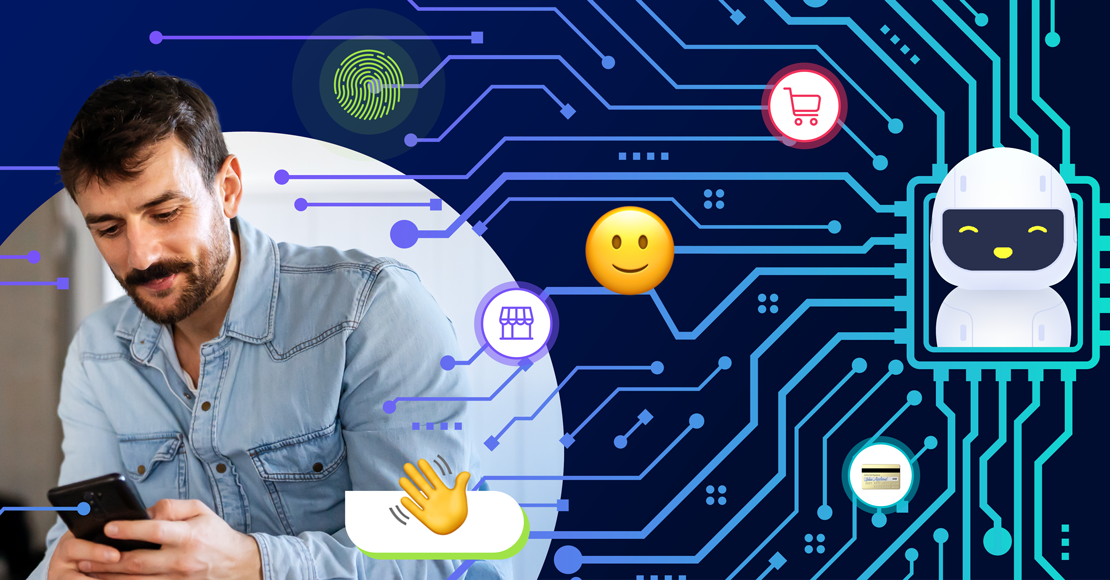
Cyber crime problems and solutions
According to recent research released by Norton, every person across the world lost an average of 21 hours (that’s almost a full day!) and $358 to cybercrime over the past year. If you make decisions in your workplace, this should be a concern for you. An increased number of business transactions such as paying bills, shopping, and trading, have moved online. This, unfortunately, leads to more people becoming susceptible to online crimes.
“This global trend is no different to what we are experiencing in South Africa, and consumers need to take the power into their own hands by ensuring they are informed on how to protect themselves, especially when doing business online,” says Kalyani Pillay, chief executive of South African Banking Risk Information Centre (Sabric).
Cybercrime worldwide
According to the Norton report, which surveyed almost 18 000 mobile device users in 17 countries, more than 348 million identities were exposed when identity thieves hacked several trusted institutions.
The report contained statistics which highlight most people’s aversion to dealing with a hack:
70% of US consumers would prefer to cancel dinner plans with a close friend than cancel their debit or credit card.
63% would rather go on a bad date than deal with customer service after a cybersecurity breach.
Another report released this year, the Black Hat Attendee Survey 2016, found that 72% of cyber experts expected to deal with a major data breach over the next year. And a third report, released by KPMG highlighted the growing threat posed by cybercrime. This report said that eight in 10 cybersecurity executives revealed that their organization had recently experienced an attack.
“Cyber risk teams within IT prefer a rigid operating model with little or no change other than updates to security processes. Business units, meanwhile, need growth — and that means agility, measured in days and weeks, not months and years. In an era where both agility and data security are essential, companies must achieve vastly greater alignment between their business units and IT,” says Greg Bell, US Leader of KPMG Cyber.
Cybersecurity Solutions
This doesn't mean that you have to throw all your connected devices away and give up using the internet forever. As you know the internet can be incredibly beneficial. It’s important now that we find ways to effectively educate others within our organizations on the dangers of cybercrime. It’s become apparent that options like SSL encryption, firewalls, and account monitoring can only do so much. Other layers of protection, like using multifactor authentication and phone security apps to keep login details safe, can also be added to protect both you and your customers.
If you’ve realised that your workplace needs an extra layer of protection to keep your customers’ data secure, you need to know more about Clickatell Secure, our multifactor authentication suite that keeps information safe. You’ll also find information on securing valuable customer data, and transactions, in our two-factor authentication guide.
Explore other articles
Step into the future of business messaging.
SMS and two-way channels, automation, call center integration, payments - do it all with Clickatell's Chat Commerce platform.








